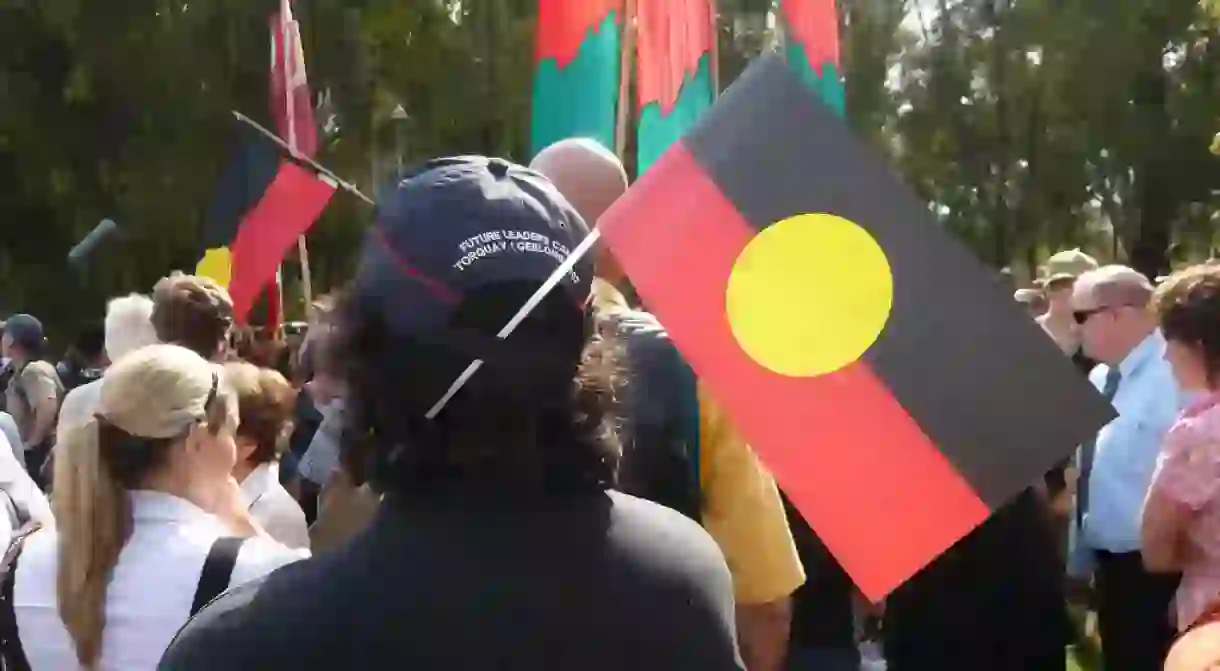Welcome To Noongarpedia, Australia's First Indigenous Wikipedia

Occupying the south-west of Western Australia for over 30,000 years, the Noongar people are determined to ensure their language survives. As their culture is primarily oral-based, and the colonisation of the English has resulted in a change of local language, the Noongar language has died away over time; however, with Australia‘s first Indigenous Wikipedia, the language is due to develop itself once again.
Noongarpedia – although there has been no formal launching, the site is live – began in 2014, created by a team from the University of Western Australia (UWA) encouraging users to create an account, contribute and edit articles. This is the latest addition to Wikipedia, standing as Australia’s first Indigenous Wikipedia focusing on one of the largest Indigenous groups in the nation, Noongar. Led by the professor of Indigenous Studies at UWA and Noongar elder Leonard Collard, alongside John Hartley from Curtin University and Kim Scott, a Miles Franklin award-winning novelist, they have placed the welcome to the country – an ancient spiritual greeting practice – on the main page in both Noongar and English to accommodate a variety of fluency levels.
‘Kaya wandjoo ngala NoongarPedia. Ngala waangkniy kwop kwop birdiyah wirn, maaman, yoka, koorlangka. Ngala waarngkiny noona yoowarl koorliny waangkiny nitja NoongarPedia.’
‘Welcome to our NoongarPedia. We speak in good spirit of our ancestors, spirits, men, women and children. We hope you come and contribute to our NoongarPedia.’

On Wikipedia, there is an assumption that ‘all information is freely available to everybody’; however, this policy conflicts with the Noongar knowledge convention and law, requiring a restriction on what knowledge can be shared on Noongarpedia. As a result, the team behind the page are developing procedures to prevent access to certain information by the general public with the help of the elders – the greatest authority in relation to Noongar knowledge and culture.
For thousands of years, the tribe has lived in the south-west corner of Western Australia (including Perth) known to them as Noongar boodjar (Noongar country). Artefacts dating as far back as 30,000 years and some of the earliest known Noongar ancestors have been found in the area.
However, the largest challenge currently faced by the team is primarily text-based. Until recently, this culture has predominately been an oral language, and due to this, there are no standard spelling of Noongar words. For example, the word Noongar itself can be spelt multiple ways: Noongar, Nyoongar, Nyungar, Nyoongah, Nyugah, Nyungah, Yungar and Noonga.
As a result, the written form of the Noongar language is being developed today through institutions such as Bunbury’s Noongar Boodjar Language Centre. Alongside this, the team are further investigating how video and audio can be used to reflect the importance of the oral language.













